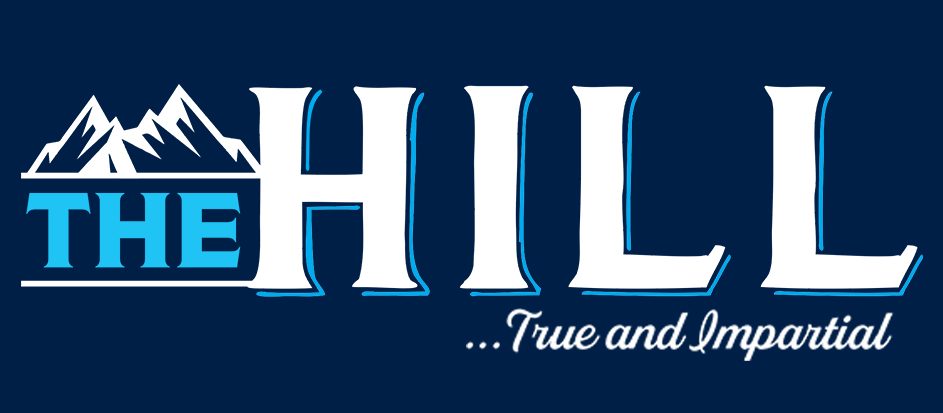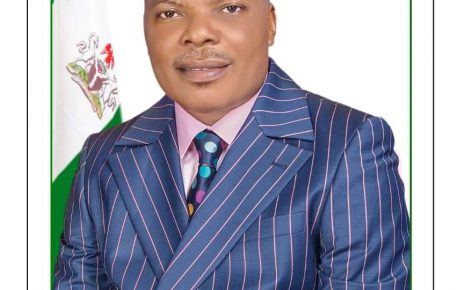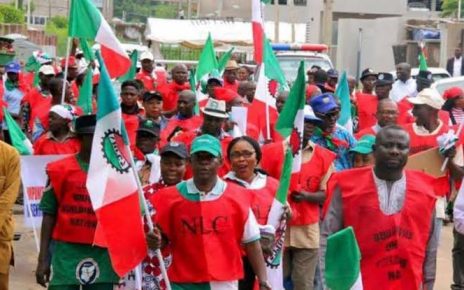By Ubong Creativity David
Household conditional cash transfer (CCT) programs globally offer countries a new way to tackle poverty. It also improves socio economic conditions of very poor households, but reports showed that many of such programs have failed woefully. CCT has been implemented in Brazil, Indonesia, India, among other countries, but I don’t know how many of such programs are still functioning till date.
The Nigeria version was under President Muhammadu Buhari led administration during the COVID-19 Pandemic where billions of tax payers money was appropriated and disbursed as Households Conditional Cash transfer through the Ministry of Humanitarian Affairs with no commensurate impact on the targeted beneficiaries as many households were shortchanged.
It is therefore insanity to do the same thing always and expect a different result, as no man can put the car on the reverse gear and go forward.
I commend President Bola Tinubu for his political will to finally remove the dreaded hydra fuel subsidy that has robbed Nigeria and its citizens of billions of Naira which ended at private pockets of few individuals. It is a very highly commendable effort but if not properly managed, will throw the country into a sorry state of economic quagmire.
While writing to the House of Representatives seeking their approval for N500billion to cushion the effect of removal of fuel subsidy, the President stated that N8000 will be paid to 12 million Poor Households for six months, that it will has a multiplier effect on about 60 million individuals. I totally disagree with the Federal Government on this policy of plunging such huge amount of money into a program that will have no real effect on the citizenry. Similar program like the COVID-19 Pandemic Households Conditional Cash transfer which I earlier stated above is a case study.

My fears are:
1. What criteria will be used to determine the poorest of poor in our society?
2. How will government identify all potential beneficiaries?
3. How will the intended beneficiaries access the fund as many poor households don’t have account number?
4. Who will manage the program judging from past experiences of government empowerment programs?
In my opinion, I think disbursing N8000 to 12 million households each in six months has exposed lack of economic blueprint on the part of federal government. Though I am not an Economist, but I am aware that no consuming economy globally grow but a productive one. Sharing such amount of money to 12 million households per month will rather impoverish the people and make Nigeria a more dependent economy as beneficiaries will be very lazy and unproductive, which can lead to increase in crimes at the end of the program.
I will rather suggest that the N500billion budgeted as Palliative to cushion the effect of fuel subsidy removal be given as Business Grants to Micro, Small and Medium Enterprises (MSMEs) across the 774 local government in the country.
Let me break it down. N500billion shared to 774 LGAs, each local government area will get N645,994,832 (Six Hundred and Forty Five Million, Nine Hundred and Ninety Four Thousand, Eight Hundred and Thirty Two Naira).
How To Disburse The Fund
The FG then set up a Committee made up of Head of Service of the Local Government Area, Members of the Civil Society Organizations, CSOs, Organizing Private Sectors, NBA, NUJ, etc. The team therefore work with the Local Government Administration for adequate selection processes devoid of political influence.
The Committee must ensure that each local government produce a minimum of 600 beneficiaries to be given N1million each, while the N45.994million is used as administrative cost for two years. These money will be invested in micro and small businesses which will therefore create jobs for the teeming populace. It will offer citizens gainful employment and make them productive rather than lazy and unproductive.
The 600 beneficiaries per local government multiply by 774 local government areas will produce a total of 464,400 Millionaires who will then employ at least 3 to 5 people and the multiplier effect will be overwhelming. This will go a long way to cushion the effect of fuel subsidy removal rather than given Nigerians peanut in the name of palliative from fuel subsidy removal.
Federal Government must make a deliberate effort to teach Nigerian how to fish rather than give them fish. We must avoid the temptation of promoting a consumption economy rather than a productive one.
This is my ten Kobo contribution to the debate on N500billion palliative for the poorest of poor.
David writes from the oil rich city of Eket in Akwa Ibom State, Nigeria.





